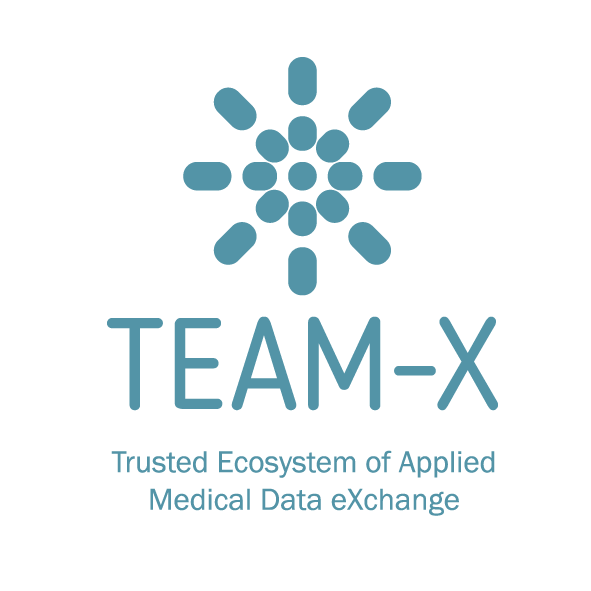Five questions for the Center for Applied Research on Supply Chain Services at Fraunhofer IIS – TEAM-X consortium partner
Why are you involved in TEAM-X as a consortium partner?
We are convinced that digitalization is an indispensable building block for sustainable business and future-proof healthcare. At TEAM-X, we can use our experience in the field of digital transformation to shape the healthcare system. In particular, the focus here is on strengthening the competence and self-determination of citizens in the handling and use of their health data.
What is your task?
As part of our work, we are researching the design possibilities of business models for data ecosystems. The aim is to identify a solution space for possible concepts of a business model for an ecosystem such as TEAM-X. Such a concept must consider both the perspectives of traditional medical service providers and patients as well as the participation of new players in the healthcare market. All under the premise of responsible data handling.
What are the biggest challenges?
We are breaking new ground in this area with our research. It is only through Gaia-X that a cross-sector framework is currently emerging that creates the technical and conceptual conditions for sovereign and cross-sector data exchange. Accordingly, best practices for such solutions and business models do not yet exist, so we are gradually approaching a common concept through constant exchange with project partners and the Gaia-X community.
What are the benefits of a Gaia-X compliant data room?
Through Gaia-X as a European initiative, as well as the large number of research projects in the Gaia-X cosmos, we can set pioneering standards for sovereign and trustworthy data exchange in accordance with European values. Patients should be able to have self-determination over their health data and be provided with the necessary technologies to do so.
What inspires you about Gaia-X?
Cross-national and cross-sector research projects will create a European understanding of how we want to share and use data in the future. Especially in the healthcare sector with its highly sensitive data, a European health data space will open enormous potential. Specifically, patients will benefit from better digital access to their health data, manufacturers of medical products from the establishment of interoperable structures and researchers from protected access to health research data.

Copyright Jens Konopik/Fraunhofer SCS 
Copyright Dr. Andreas Hamper/Fraunhofer SCS
